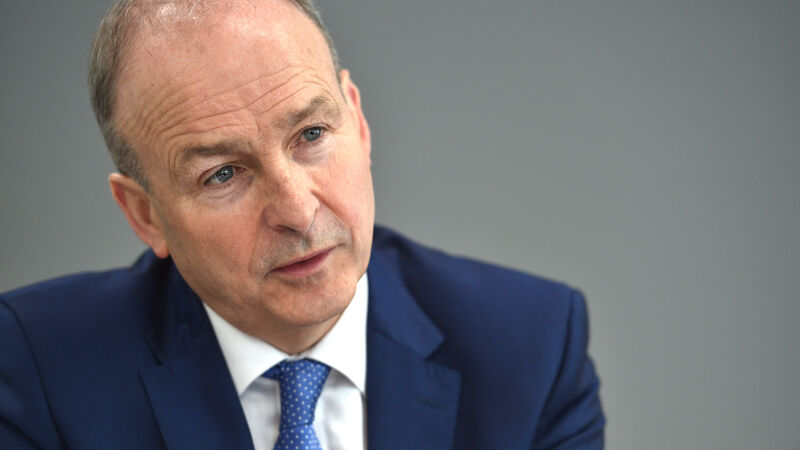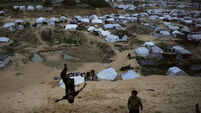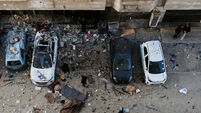Situation in Gaza is 'much worse than what we've seen', says Tánaiste

Táinaiste Micheál Martin said that the world does not yet know the full scale of damage in Palestine. Picture: Dan Linehan
“There's a glaze on their eyes, they see no future. They've lost family, they've lost large numbers of loved ones.
“It's apocalyptic really...hope being extinguished.”













